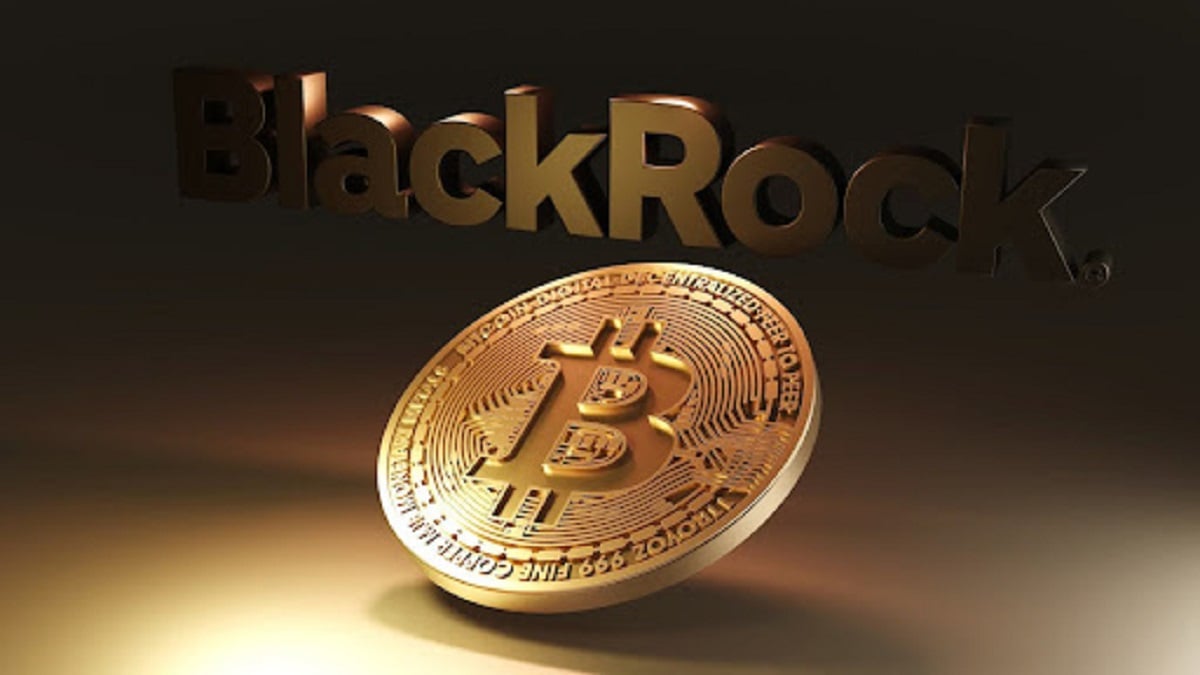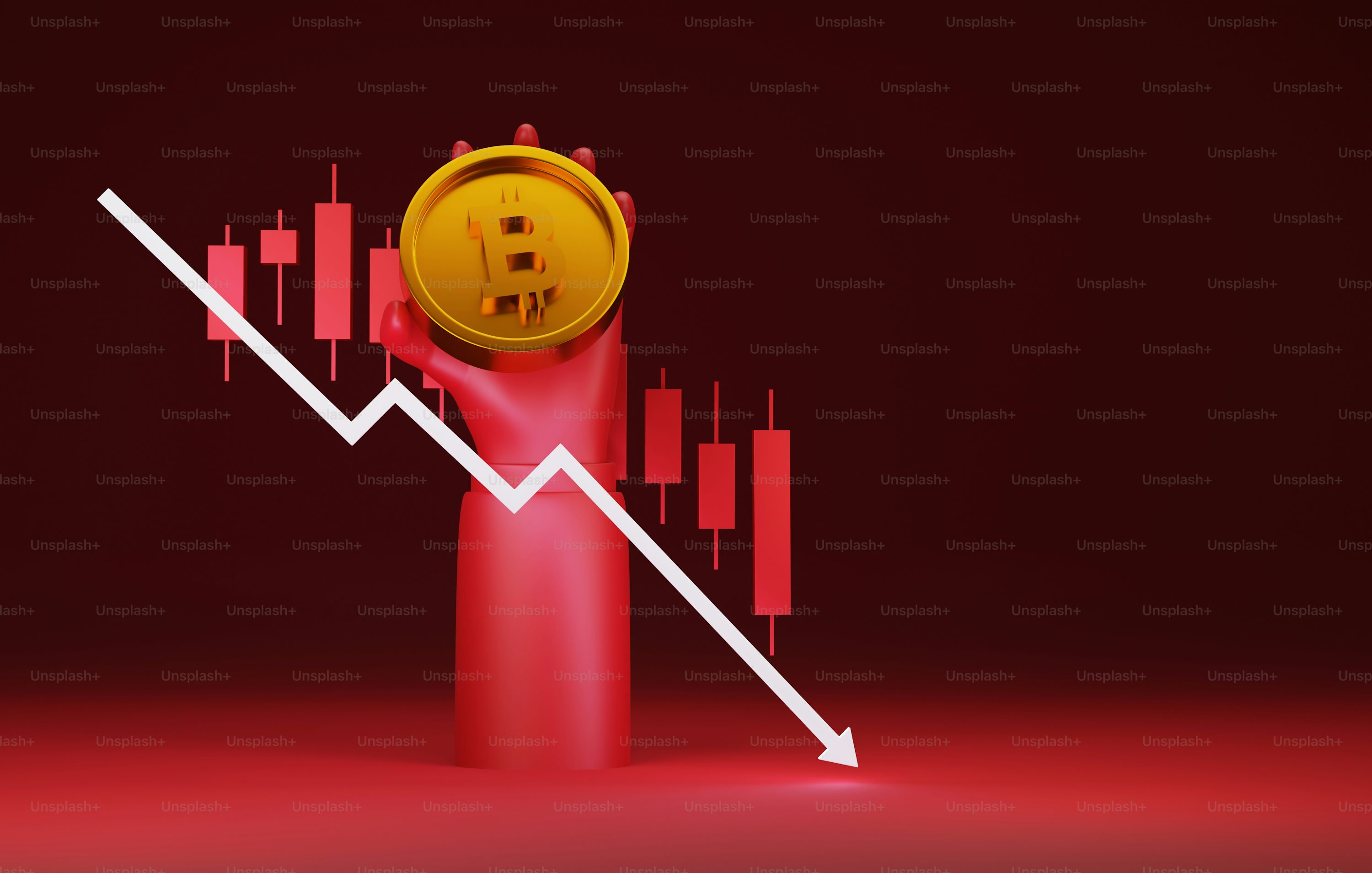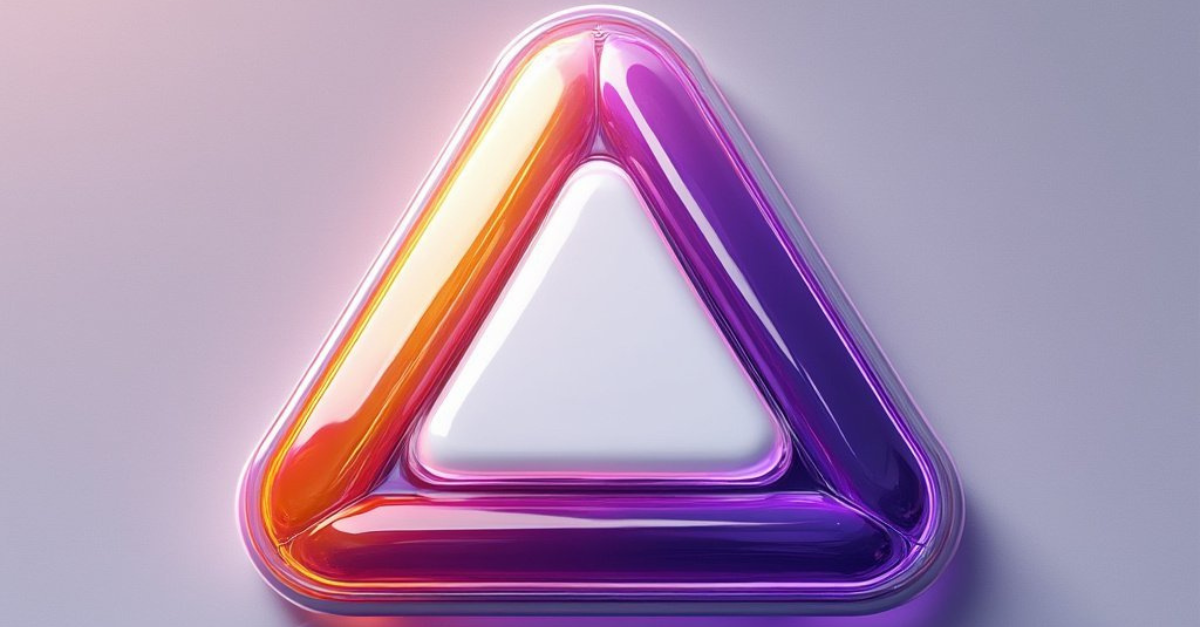Do big tech platforms do enough to inform their users about the risks associated with crypto investments? A European watchdog organization doesn’t think so, and it’s calling on the European Commission to do more. The consumer group BEUC (also known as the European Consumer Organization) has published a scathing report in which it accuses YouTube, Instagram, TikTok, and Twitter of profiting from crypto promotions “at the expense of consumers.”
The 20-page report, co-signed by BEUC member organizations in eight countries, is certainly not subtle. Its title page speaks of a “social media crypto con” that leads to “misleading promotion of crypto assets.” The BEUC goes on to argue that a mix of factors creates a “toxic cocktail” when crypto ads are published on social media platforms.
The first ingredient in that cocktail is the platforms themselves. As the report points out, YouTube, Instagram, TikTok, and Twitter all have measures in place to regulate crypto ads, but those measures are unevenly enforced. The BEUC is not the first group to make that claim. A 2022 lawsuit
claimed that Facebook “aided and abetted” the proliferation of misleading crypto content.
Subscribe for daily Tubefilter Top Stories
Then there’s the influencers themselves. Like many other entities, the BEUC is concerned about creators who hawk volatile crypto assets without properly disclosing the associated risks. This particular issue has also caught the attention of Stateside regulars. A 2022 FTC report claimed that consumers lost more than $1 billion due to crypto scams in 2021.
With its report, the BEUC is hoping to convince regulators that social platforms must do more to recognize the downsides of crypto investments. “Advertisers do not need written authorisation when they run ads about ‘events, education or news related to cryptocurrency or blockchain technology, as long they don’t offer cryptocurrency products or services,’” the report reads. “This is very broad and gives considerable leeway to the promotion of products that would create a positive image of crypto by consumers therefore downplaying the risks associated to crypto investments.”
The European Commission is already set to regulate crypto assets through a policy called MiCA that will take effect in 2025. Until then, BEUC wants continental powers to act quickly to curb the reach of Web3-related scams. “Crypto will be regulated soon with the new Market in Crypto Assets Regulation but this legislation does not apply to the social media companies benefiting from the advertising of crypto at the expense of consumers,” BEUC Director General Monique Goyen said in a statement. “This is why we are turning to the authorities in charge of protecting consumers to ensure Instagram, YouTube, TikTok, and Twitter fulfill their duty to protect consumers against crypto scams and false promises.”
Credit: Source link















































